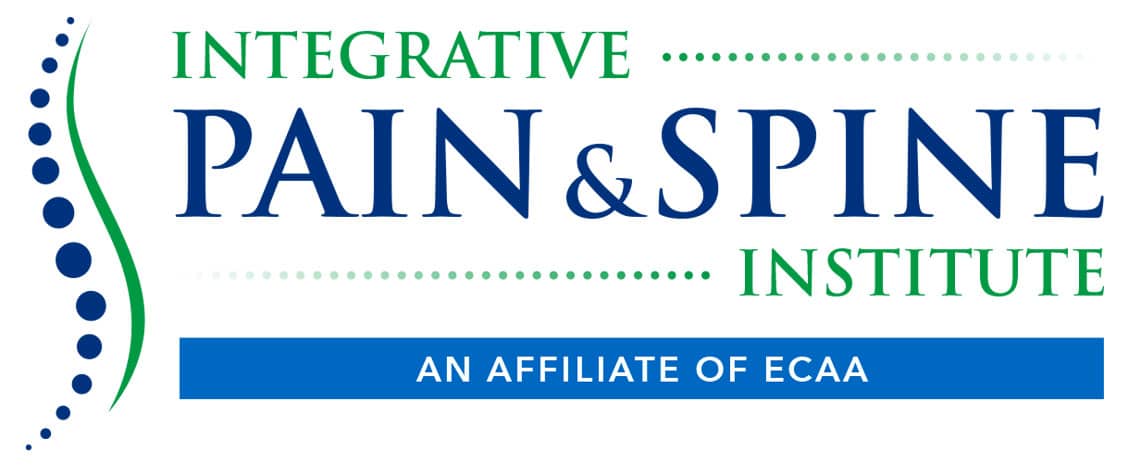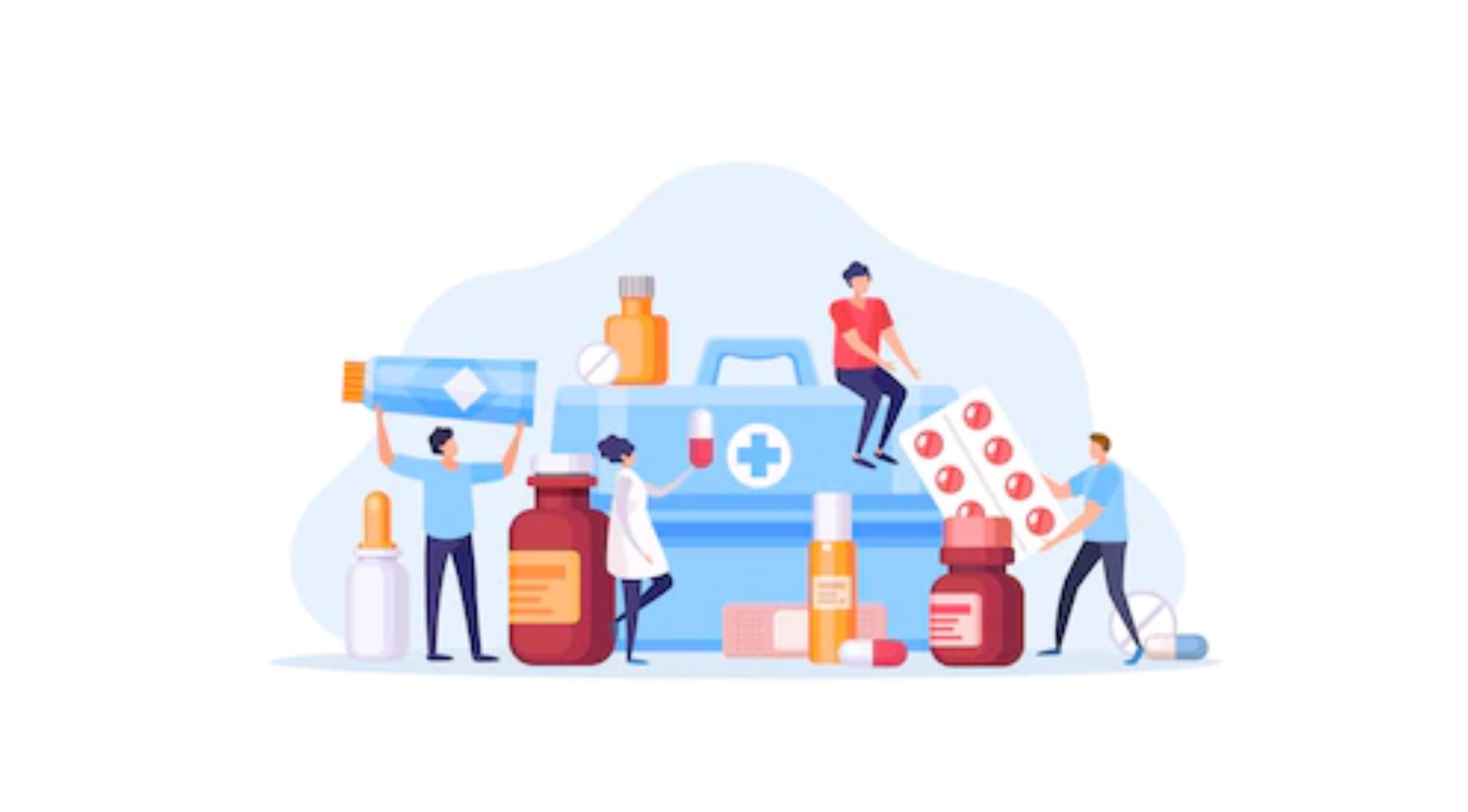Over 20% of U.S. adults age 40 and older take five or more prescription drugs daily. Collectively, physicians prescribed 1 billion prescriptions in 2019 and that number continues to rise annually. The complexity of managing all of these prescriptions is elevated in the elderly and those with chronic conditions as medications are prescribed from different specialists. Improperly taking medication, the wrong dosage or timing, can make your treatment ineffective and even detrimental.
Why is Medication Management So Important?
- Safety and Prevention of Errors
– Avoiding Adverse Drug Reactions (ADRs): Proper medication management helps prevent harmful interactions between different medications, which can cause adverse effects or reduce the effectiveness of treatment.
– Correct Dosage and Timing: Ensuring that medications are taken at the correct dose and time minimizes the risk of overdose or underdose, both of which can be dangerous. Consider using a pill organizer.
- Effectiveness of Treatment
– Optimal Therapeutic Outcomes: Medication management ensures that each drug is used in a way that maximizes its benefit, helping to achieve the desired health outcomes.
– Compliance and Adherence: Managing medications helps patients stick to their prescribed treatment plan, improving the likelihood of successful treatment.
- Cost Management
– Preventing Waste: Proper management reduces the risk of medication wastage due to incorrect usage, expiration, or unnecessary prescriptions.
– Avoiding Hospitalizations: By preventing complications like ADRs or non-adherence, effective medication management can reduce the need for costly hospital visits or additional treatments.
- Chronic Disease Management
– Managing Complex Regimens: For individuals with chronic conditions, proper management is key to balancing multiple medications and ensuring each is taken as prescribed.
– Monitoring Progress: Regular reviews of medication effectiveness help adjust treatment as needed, ensuring ongoing control of the condition.
- Improving Quality of Life
– Reducing Symptoms: Effective medication management can significantly reduce the symptoms of illness, improving a patient’s quality of life.
– Empowering Patients: Educating patients about their medications helps them understand their treatment, leading to better engagement and self-management of their health.
- Preventing Drug Abuse and Misuse
– Controlled Substances Management: Proper oversight is essential for medications with a potential for abuse, ensuring they are used appropriately and reducing the risk of dependency.
– Disposal of Unused Medications: Safe disposal practices prevent misuse of leftover medications, protecting both the individual and the community.
Overall, medication management is a key component of healthcare that ensures medications contribute positively to a patient’s health without causing harm. This includes regulating not only prescriptions but also supplements and natural remedies as they can potentially decrease effectiveness of drugs. If you or a loved one are concerned about medication management, contact your primary health care provider to help in assessing what is vital for your health.



